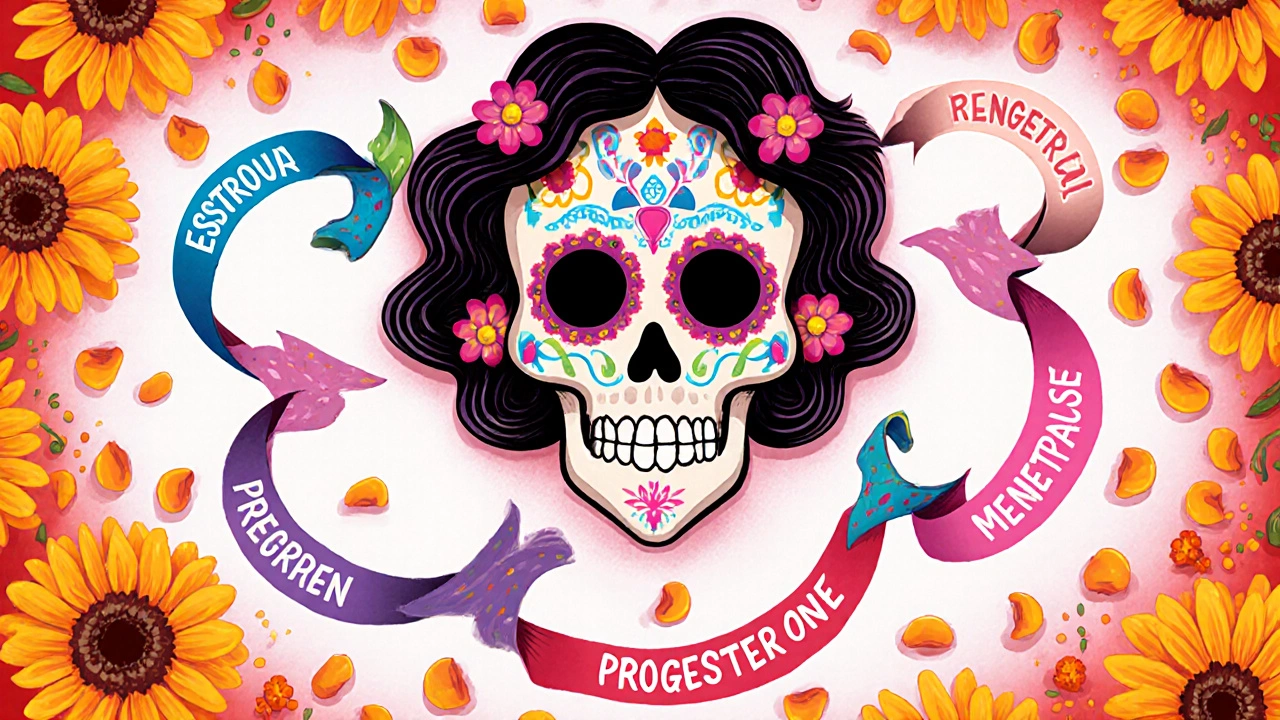Menopause: What It Is, How It Affects You, and What You Can Do
When you hit menopause, the natural end of menstrual cycles caused by declining estrogen and progesterone levels. Also known as the change of life, it typically happens between ages 45 and 55, and for most women, it’s not a single event but a years-long transition called perimenopause, the phase before menopause when hormone levels start to fluctuate. This shift doesn’t just stop your period—it changes how your body functions, from how you sleep to how you feel emotionally and physically.
One of the most common signs is hot flashes, sudden waves of heat, sweating, and flushing that can hit without warning. They’re not just uncomfortable—they can wreck your sleep, mess with your focus, and make daily life feel unpredictable. Many women also notice mood swings, brain fog, dry skin, or vaginal dryness. These aren’t "all in your head"—they’re biological. Your estrogen drop affects serotonin, collagen, and even your bladder control. And it’s not just about discomfort. Lower estrogen after menopause increases your risk for osteoporosis, a condition where bones become weak and brittle. Your heart health changes too—your LDL cholesterol often rises, and your risk for heart disease climbs after menopause.
What helps? Not every woman needs hormone therapy, but for those with severe symptoms, it’s one of the most effective tools we have. Other options—like lifestyle tweaks, plant-based supplements, or non-hormonal prescriptions—work for some, but not all. The key is knowing what’s actually backed by science, not just marketing. Below, you’ll find real comparisons and practical guides on managing symptoms, understanding treatment risks, and making smarter choices about your body after 40. No fluff. No guesswork. Just what works.
- Archer Pennington
- 9
How Hormonal Changes Cause Vaginal Irritation
Explore how hormonal fluctuations like estrogen drops or spikes trigger vaginal irritation, symptoms, and practical ways to find relief.
Read more
